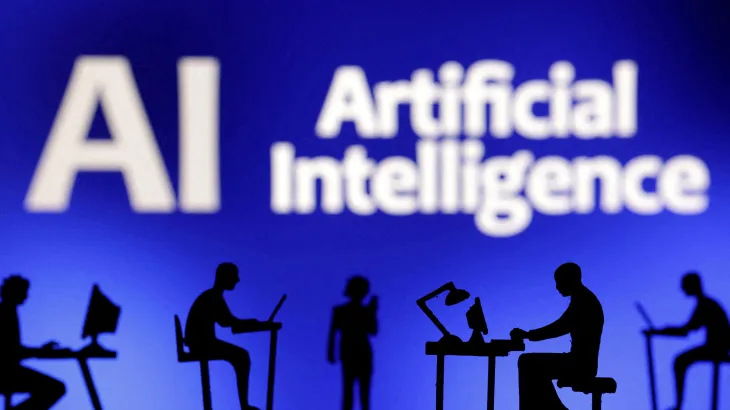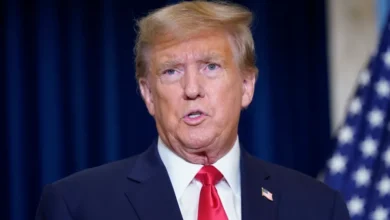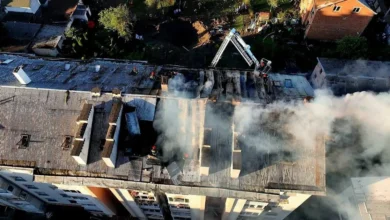Stargate: What is Trump’s new $500bn AI project?

US President Donald Trump has announced a private sector investment to fund infrastructure for artificial intelligence, with the goal of outpacing rival nations in the business-critical technology.
Calling it the largest AI infrastructure project in history “by far”, Trump said the joint venture called Stargate will build data centres and create more than 100,000 jobs in the United States.
These companies, along with other equity backers of Stargate, have committed billions of dollars for immediate investment, with the remaining investment expected to occur over the next four years.
Here’s what you need to know about what Trump called “a resounding declaration of confidence in America’s potential”:
What has been announced?
It’s a joint venture between OpenAI, Oracle, SoftBank and MGX that plans to invest up to $500bn over the next four years to build up new data centres needed for the development of AI projects in the US.
A first injection of $100bn will start “immediately,” according to an OpenAI statement. Arm, NVIDIA and Microsoft will provide the technology, it added.
Have previous restrictions on AI development been changed?
In October 2023, then-President Joe Biden issued a sweeping executive order to regulate the development of AI amid growing concern about its potential effects on everything from national security to public health.
The orders included a provision that developers of the most powerful AI models must notify the government of their work and share safety test results.
On his first full day in office, Trump revoked those orders and Stargate and other US-based AI projects will no longer be subject to national development guidelines, although states may still impose restrictions.
Trump’s decision was welcomed by many in the AI community.
What are the risks?
Advocates for regulations said that fewer constraints on AI technology could also facilitate the development of applications used for surveillance, social scoring and military purposes. They also say oversight is necessary to reduce potential risks associated with the technology, as well as to instil public confidence in its safety.
“Was it too much to ask AI developers for transparency regarding the safety testing of their products?” said in a statement Alondra Nelson, a distinguished fellow at the Center for American Progress.
“A politically-motivated repeal with no thoughtful replacement is self-defeating for our country and dangerous for our people and the world,” Nelson said.
Concerns about AI stretch beyond the US border.
“The risk is when cutting-edge AI technology is controlled by few companies all headquartered in the US,” said Holger Hoos, professor of artificial intelligence at RWTH Aachen University.










